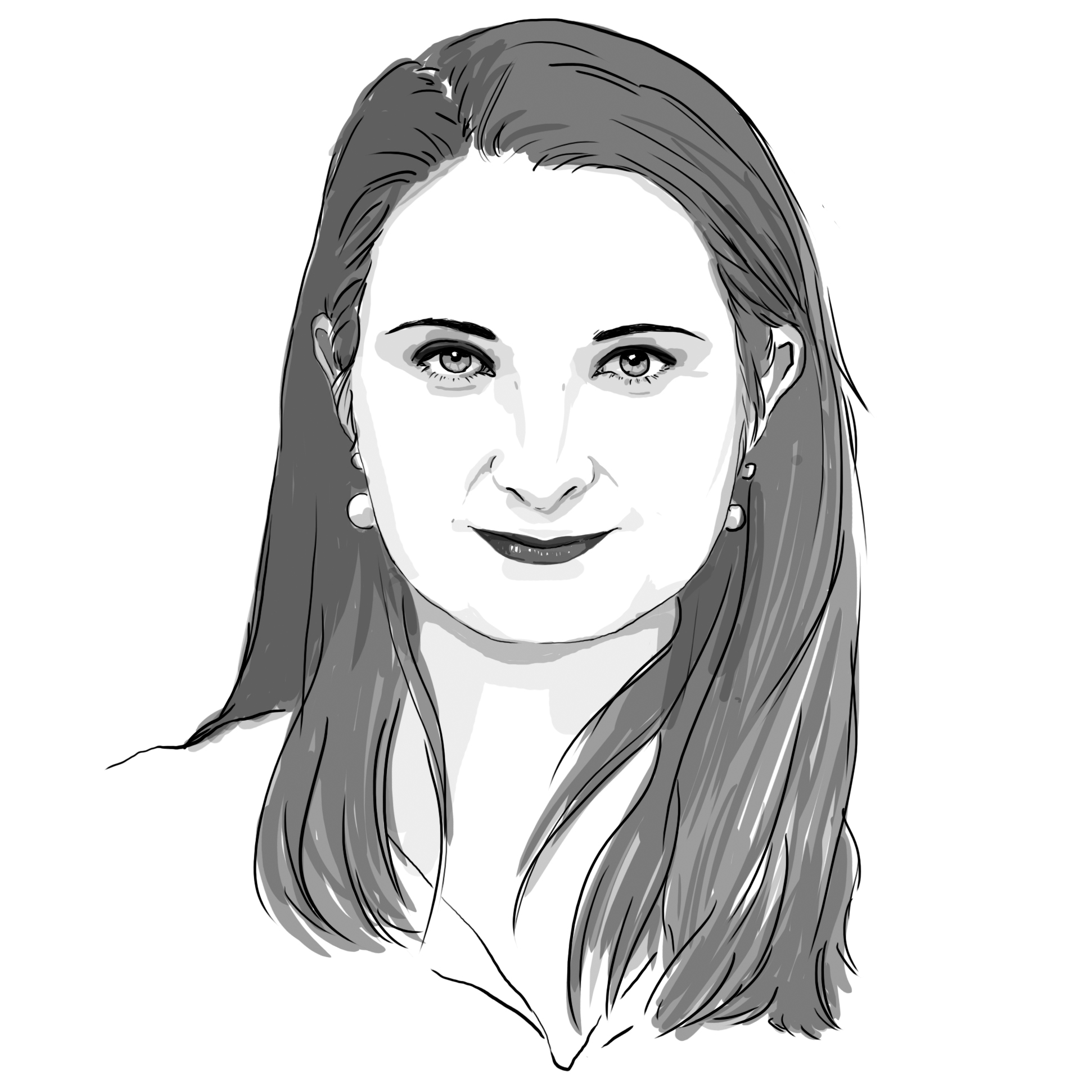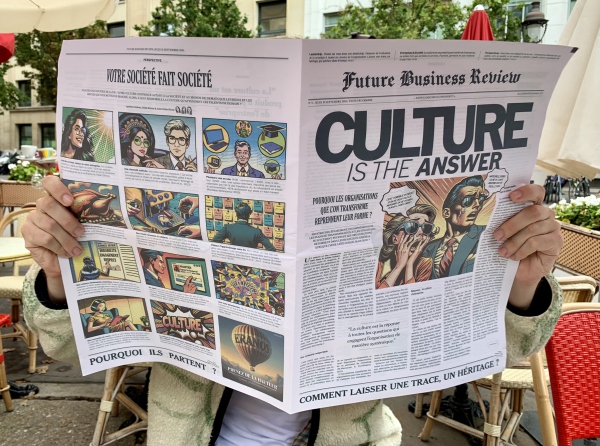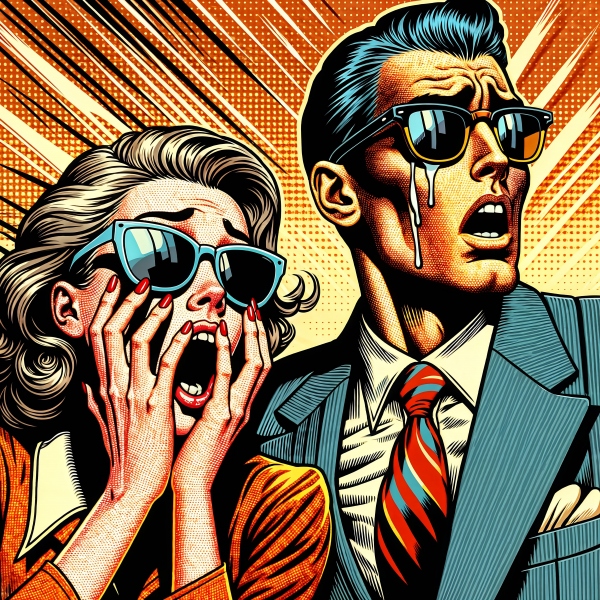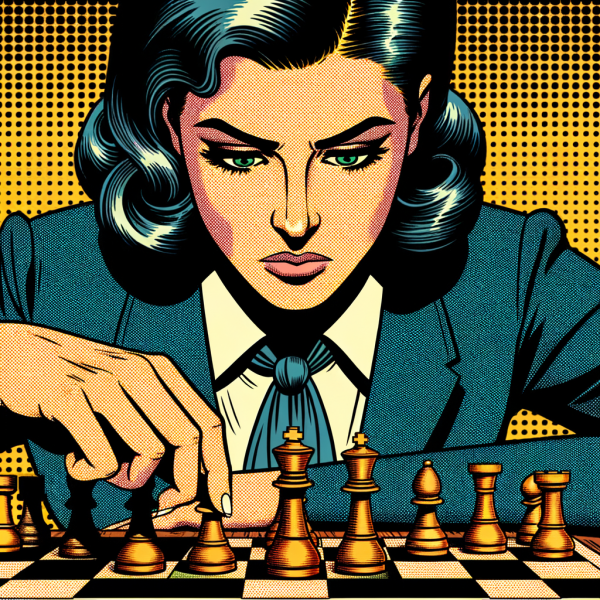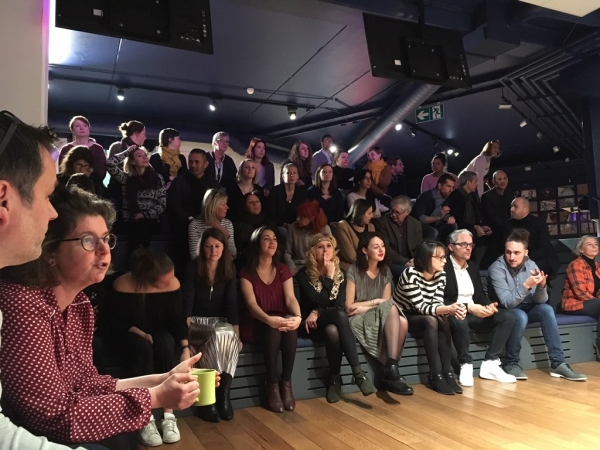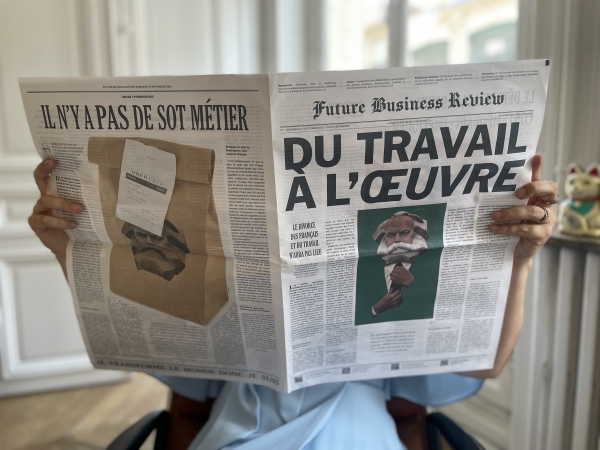While there is no universally “good” or “bad” corporate culture, some cultures are better aligned with an organization’s ambitions than others. The right culture enables companies to drive transformation, stay competitive in evolving markets, and attract and retain top talent. Broadly speaking, here are the defining traits of the workplace culture that tomorrow’s talents expect.
Well-being at Work: The Engine of Your Company
Say goodbye to the Sunday night blues—embrace the Monday bloom! In France, 52% of employees experience sleep disturbances on Sunday nights, a direct result of workplace stress (Dortier, 2008).
A Culture That Celebrates Diversity
Unconventional? Atypical? Good—so are your colleagues! Diverse teams, with their broad range of knowledge and thinking styles, drive richer exchanges and stronger problem-solving (Shin et al., 2012).
Work-Life Balance: Living Multiple Lives in One
9:00 AM—sales professional. 2:00 PM—at the doctor’s. 6:00 PM—grandparent duty. Work-life balance is non-negotiable for 94% of employees, with 61% refusing jobs that jeopardize it and 48% willing to leave if it’s threatened (Randstad Workmonitor, 2023).
Stronger Workplace Relationships
Want the secret to hay-roasted chicken? Ask Mika from accounting. Work fulfills both survival and social needs. Strong workplace relationships reinforce cohesion and organizational longevity (Garmendia et al., 2023).
Rituals That Are Valued and Celebrated
Coffee break? Only if there’s time to make it, drink it, and enjoy it. Three-quarters of employees drink coffee at work—an informal ritual that enhances productivity, well-being, and social bonds (IFOP for Nespresso, 2012).
A Continuous Learning Environment
“My job isn’t just managing projects!” Employees value transferable skills that enhance job mobility and career longevity (Kautz et al., 2014; France Stratégie, 2017a; Lainé, 2016).
Authentic Company Values
“Working for a company that protects forests? That’s something to be proud of!” 83% of employees want their company’s values to align with their own, and 58% would consider leaving if they don’t. Half would even accept a pay cut to work for a values-driven company (OpinionWay for ING, 2021).
Physical Activity at Work
Basketball on Tuesdays? Sign me up! Workplace fitness remains underutilized, despite its benefits—higher well-being, an 8% increase in productivity, and a 25% reduction in absenteeism (MEDEF/Paris 2024 Barometer, 2024).
A True Digital Detox
An evening out means switching off. 67% of French employees struggle to disconnect during vacations, with 93% blaming smartphones. The number of women achieving full disconnection has dropped from 65% to 29% (Qapa Study, 2019).
Time to Reflect
After a productive day, it’s time for a moment of otium. 98% of the French population values time over material possessions, with 58% citing lack of time as the biggest barrier to leisure, ahead of money (46%) and energy (44%) (J. Jaurès Foundation, Arte, France Culture, 2023).
Corporate Culture Extends Beyond the Office
Culture isn’t confined to the “box” or its “frames.” The corporate culture of the future—one that today’s talent expects—not only enhances organizational performance but also contributes meaningfully to society.


